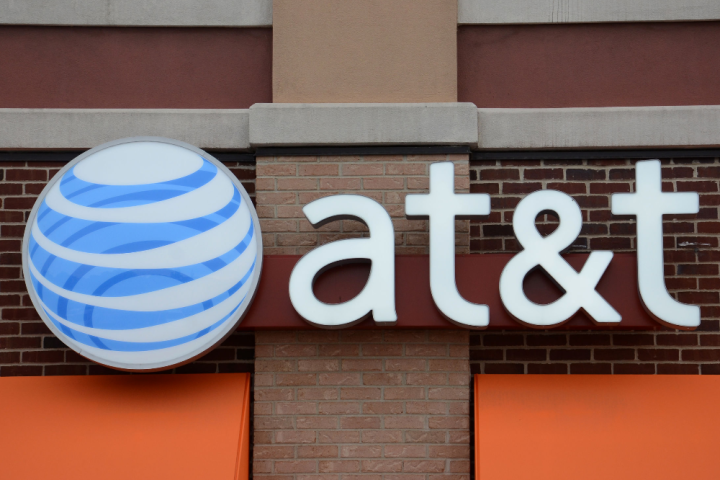
This ought to aid Biotricity in achieving its goal of creating an Internet of Things-enabled wearable. The first such connected device will make its debut at year’s end in the form of the Bioflux solution, Biotricity’s flagship product.
“For medical device manufacturers to successfully enter and establish themselves in the new connected healthcare industry, it is imperative that they look beyond traditional forms of technological innovation,” said Biotricity founder and CEO Waqaas Al-Siddiq. “As we prepare to commercialize our first medical solution, we understand the importance of integrating IoT into next-generation devices within the regulatory environment, as we believe there will be a true market advantage.”
Steve Burger, AVP of Business Development and Connected Health at AT&T IoT Solutions, echoed these sentiments, noting, “IoT will support a new generation of medical devices capable of transmitting data on an ongoing basis that help push care outside of the hospital and allow for continuous care virtually wherever the patient goes.”
Indeed, it seems that the IoT will play a crucial role in Biotricity’s future, as the company aims to deliver remote biometric monitoring solutions for both chronic conditions and general lifestyle improvement. “By wireless enabling [of] their devices, Biotricity will help enable caregivers and healthcare institutions to use their patients’ data in near real-time to make informed and timely decisions,” Burger added.
The global market for the Internet of Things is anticipated to reach $1.7 trillion by 2020. With an ever-growing number of connected devices appearing across a range of sectors, AT&T’s bet on Biotricity and its upcoming Bioflux solution looks to be a solid one.
Editors' Recommendations
- 5G home internet: What is it, and should you get it?
- Qualcomm’s Snapdragon X35 will bring 5G to your next smartwatch
- T-Mobile plugs businesses nationwide into 5G broadband
- T-Mobile celebrates 1 million 5G home internet customers
- AT&T becomes ‘un-ISP’ of fiber internet with Hypergig plans


